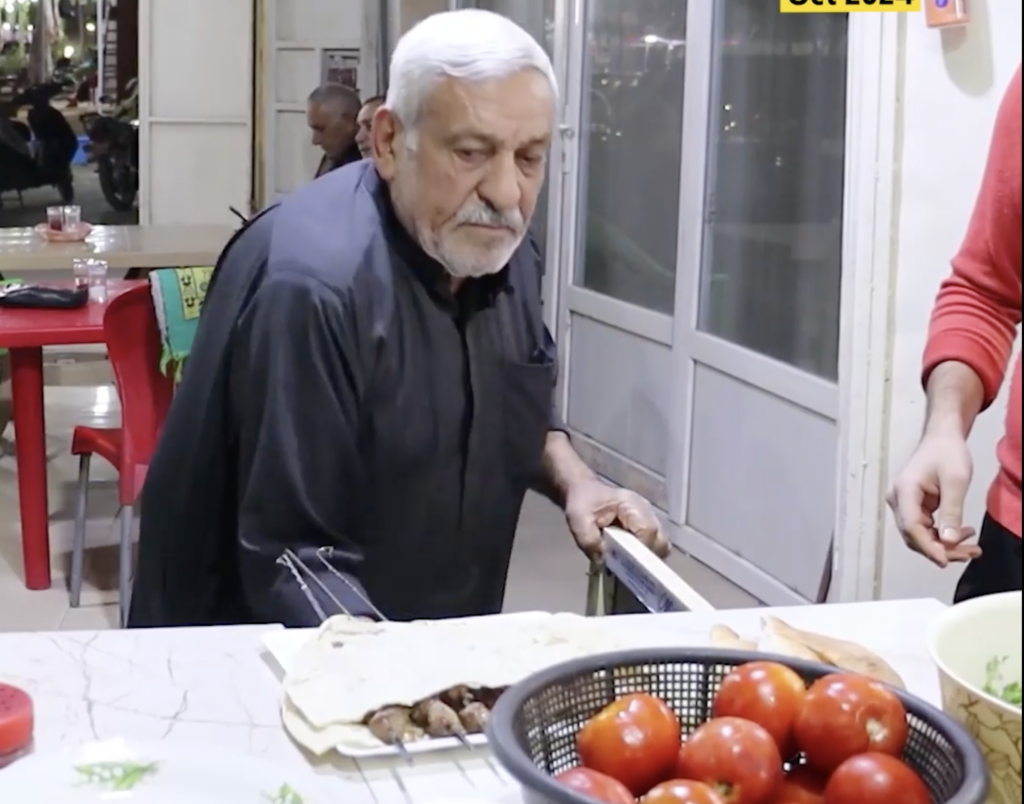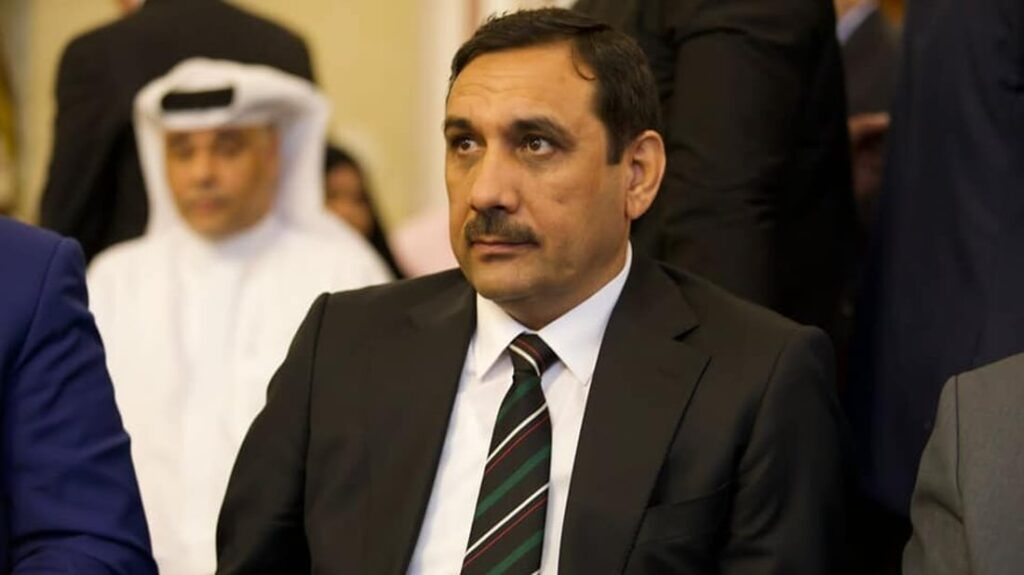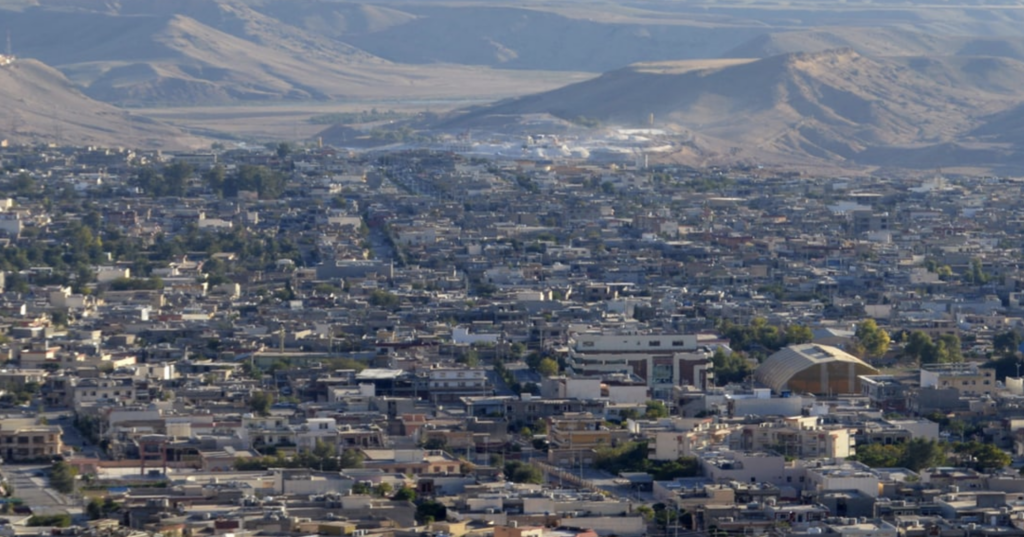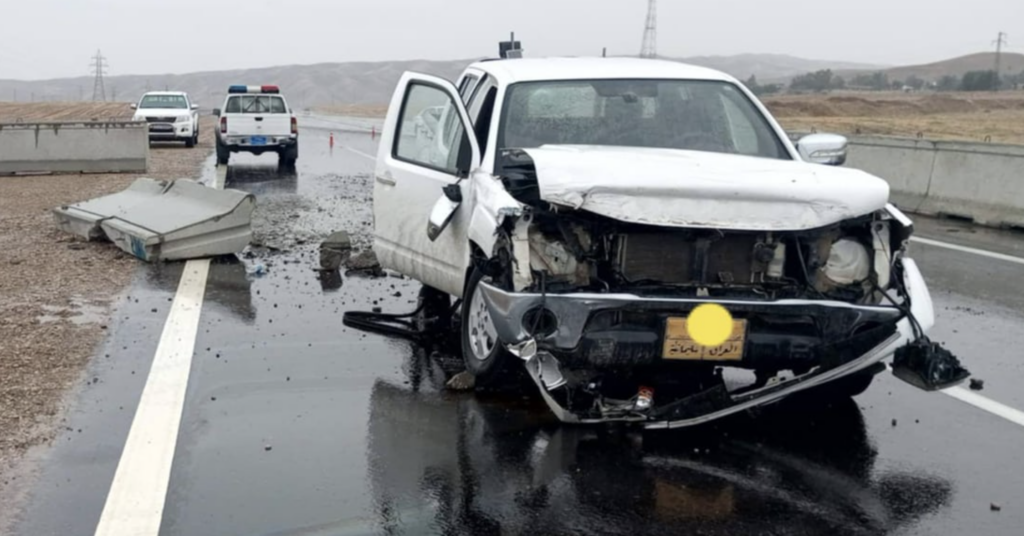Trump's 'Arrogant Assertion' on Iraq and Iran

US President Donald Trump (AFP)
US President Donald Trump's declaration that he will keep US troops in Iraq at the large Ain Al Asad airbase in Anbar province and other locations around the country to "watch Iran" demonstrates, once again, Trump's ignorance and over-reach.
He exposed his ignorance when he said he wanted to use the US military presence in Iraq to spy on Iran. He remains oblivious of Iraqi concerns, which were boosted by a report, leaked by The New York Times, that a Kurdish politician had accompanied a US colonel on a visit to three Iraqi bases near the Iranian frontier formerly used by US troops to which they could return.
This would amount to a major change in the US mission, which is to train, advise and assist Iraqi forces fighting Daesh. This effort has refocused on fighters driven from their territorial bases who have reverted to guerrilla attacks on Iraqi and Syrian military installations, personnel and civilians.
It is not clear whether or not impetuous Trump referred to the Pentagon or US military intelligence before announcing this policy. Intelligence gathering does not involve soldiers on the ground but satellites, electronic intercepts and covert operations by the Central Intelligence Agency (CIA).
He certainly did not consult the Iraqi government. His arrogant assertion drew a sharp rebuke from Iraqi President Barham Salih, a strong US supporter, who retorted, "The Iraqi constitution rejects the use of Iraq as a base for hitting or attacking a neighbouring country."
He continued, "Don't overburden Iraq with your own issues...do not pursue your own policy priorities, we live here." He made the point that "good relations with Iran" are an Iraqi "fundamental interest". Baghdad, where the 1980-1988 war with Iran remains a traumatic event, does not want to be dragged by Trump into a new conflict with Iran.
Furthermore, Trump seems to believe the US-led coalition and US boots-on-the-ground were Iraq's sole allies in the battle against Daesh. Iranian advisers and Iranian-trained Shiite militias played a major part, while Iranian Revolutionary Guard Major General Qassem Soleimani personally advised the Iraqi military on strategy and logistics.
During his presidential election campaign and since his inauguration, Trump vowed to pull out the troops deployed in Syria and Afghanistan, although pull-outs would mean abandoning US Syrian Kurdish allies to the tender mercies of the Turkish army and signify US defeat by the Taliban in Afghanistan.
Trump has two personal reasons to pursue this course. He seeks to woo voters by "bringing home the boys", and save money by ending some foreign deployments. Trump is, above all, a businessman looking at profit and loss sheets. Although his military budget has risen to $700 billion and continues to grow, beneficiaries of spending include arms and aircraft manufacturers who may support Trump's 2020 reelection campaign.
Although Trump has said the US war on Iraq was "one of the greatest mistakes" Washington ever made, he has appointed John Bolton, a member of the neo-conservative clique, which persuaded former Republican president George W. Bush to launch this war. A "war hawk", Bolton is committed to regime change in Iran and Syria, as well as North Korea.
Having condemned the 2003 US attack on Iraq as a "mistake" rather than an aggression and war crime, Trump argued the US must take advantage of its post-war military presence in Iraq to spy on Iran because it "is a real problem". He also said the US will use its troops and airforce based in Iraq to fight Daesh remnants in Syria once US troops there are withdrawn.
Baghdad argues the US troops in Iraq are working legitimately as Iraqi army advisers and trainers in the campaign against Daesh. However, the number has stabilised at about 5,200 plus an unknown number of "specialists" and contractors, revealing that the mission is not limited to fighting Daesh. Trump said that some of the 2,000 US troops in Syria would be redeployed to Iraq, expanding the US presence there, while the rest would go home.
The Iraqi government has come under pressure from nationalist Shiite cleric Muqtada Al Sadr, whose party is the largest in parliament and pro-Iranian Shiite factions to demand US troop withdrawal now that Daesh's territorial entities in Iraq and Syria have been erased. Trump's announcement last December that the US will withdraw from northern Syria has led these influential elements to call upon parliament to pass a law demanding complete US evacuation. Iraqi Hizbullah, not related to Lebanon's Shiite movement, warned that Trump's statement, which angered Iraqis across the entire political spectrum, made US "forces legitimate targets for the Iraqi resistance".
So far, lawmakers have not agreed to demand withdrawal but have united behind a proposed law to limit US troop activities in Iraq. Baghdad is caught between Washington, which installed the Shiite fundamentalist regime in 2003, and Tehran, which has long been allied with the Shiite opposition against the secular Baathist government ousted 16 years ago.
The Iraqi government is already under considerable strain due to Trump's withdrawal from the 2015 deal providing for the dismantling of Iran's nuclear programme in exchange for sanctions relief. Trump's resumption of punitive sanctions on Iran, although Tehran is abiding by the terms of the deal, has put Baghdad in an impossible position. Although the US has granted waivers to permit Iraq to continue buying electricity from Iran, this arrangement could end next month. If faced with fresh power outages, Iraqis could return to the streets, as they did last summer in Basra and the Shiite majority south. This could put at risk the government of Adel Abdul Mahdi and the politico-military US presence in Iraq.
Michael Jansen
This article has been adapted from its original source.




